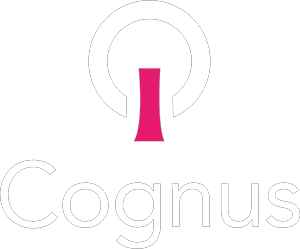Professionals
DfE and Ofsted Key Messages
Ofsted Early Years Toolkit, Operating Guide and Information Early years inspection: toolkit, operating guide and information – GOV.UK New Ofsted report cards Early Years Statutory Framework September 2025 (Add under Ofsted Messages) Early years foundation stage (EYFS) statutory framework – GOV.UKWelcome Information – Sutton Local Offer
Meeting our service The Local Offer provides information to children, young people and families with special educational needs or disabilities. The information includes support services available in the local area. It is a statutory requirement to have a Local Offer. The SEN Code of Practice 2015, section 4 explains what it needs to include. The Local Offer […]Referral Forms and Guidance
Please see EXAMPLE – Referral form for panel Please complete this Paving the Way Referral form for panel Return the form to us at earlyintervention@cognus.org.uk Please note: The referral form should be completed by a professional with signed parental consent. Additional information should be given where appropriate. We also offer a range of additional traded bespoke services. Please email earlyintervention@cognus.org.uk for further […]Speech and Language Therapy
Speech and Language Therapy Leaflet Who are we? The Cognus Speech and Language Therapy team comprises of qualified Speech and Language Therapists and Senior Therapy Assistants. We are a large and diverse team with a wealth of knowledge and experience in supporting children and young people to develop an array of skills including social communication, […]Occupational Therapy
Occupational Therapy Leaflet Who are we? Cognus Occupational Therapy Services (COTS) comprises of qualified Occupational Therapists and Senior Therapy Assistants. We are a large and diverse team with a wealth of knowledge and experience in supporting children and young people with developing functional skills required for learning and everyday tasks. What do we do? The […]OT works collaboratively with a Sutton SENDCo to Set Up a Resource Hub.
Jacqui Waller (Occupational Therapist, OT) has been working with the SENDCo at Westbourne Primary School and they have worked together to put a ‘Resource Hub’ together for the teachers and teaching assistants (TAs) to access. Westbourne Primary School supplied a variety of resources, as recommended by the OT (these were placed in activity kits to […]Read more on OT works collaboratively with a Sutton SENDCo to Set Up a Resource Hub.
Developing skills at home and at school to help prepare children and young people for adulthood
Howard, Occupational Therapist (OT) works mainly with older children at Cognus Therapies (year 9 and above). As part of the annual review process, Howard calls parents and carers to talk about how their child is managing at school, at home and in the community, including the ‘Preparation for Adulthood’ agenda and the skills involved in […]Supporting and Inspiring the Future OT Workforce
Hannah, a 6th form student from Cheam High School recently spent time with the Cognus occupational therapy (OT) team at Carew Academy to experience a day in the life of an occupational therapist. We provided a full day of activities, which included observing therapy sessions, supporting a child with learning in the classroom environment, making visuals […]Read more on Supporting and Inspiring the Future OT Workforce
